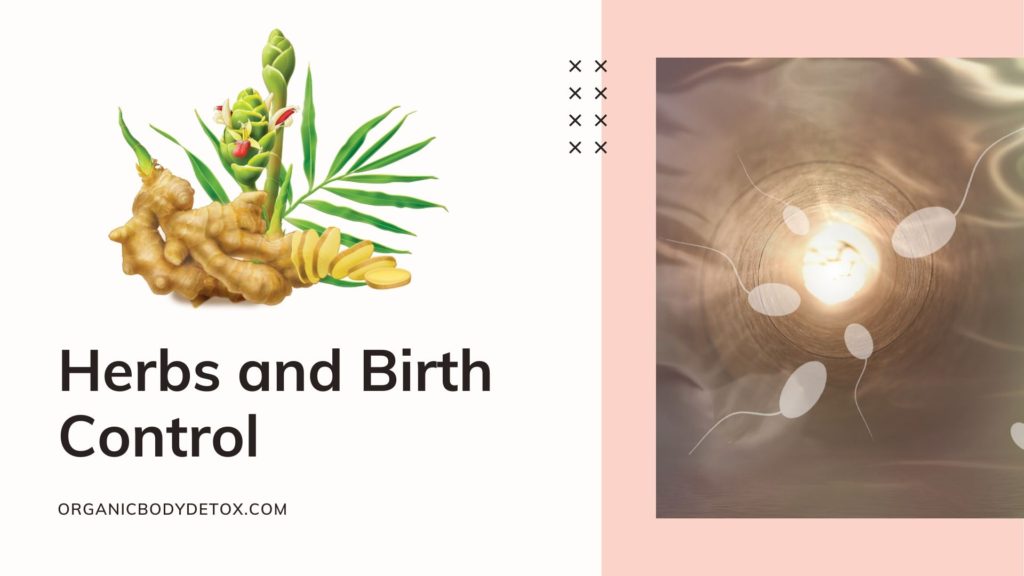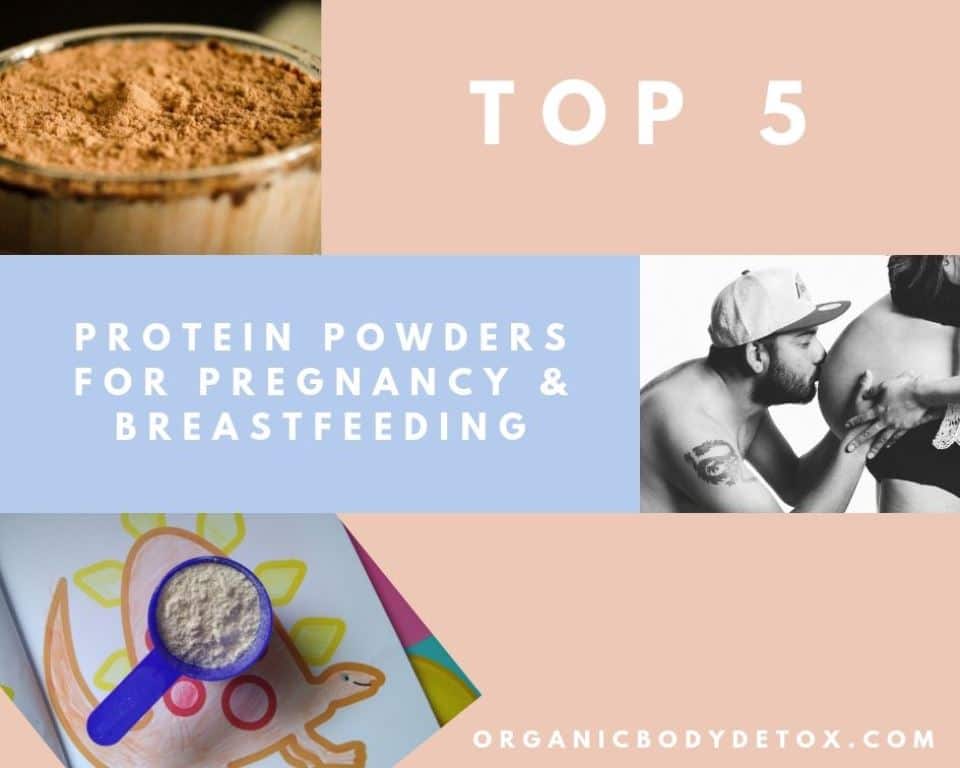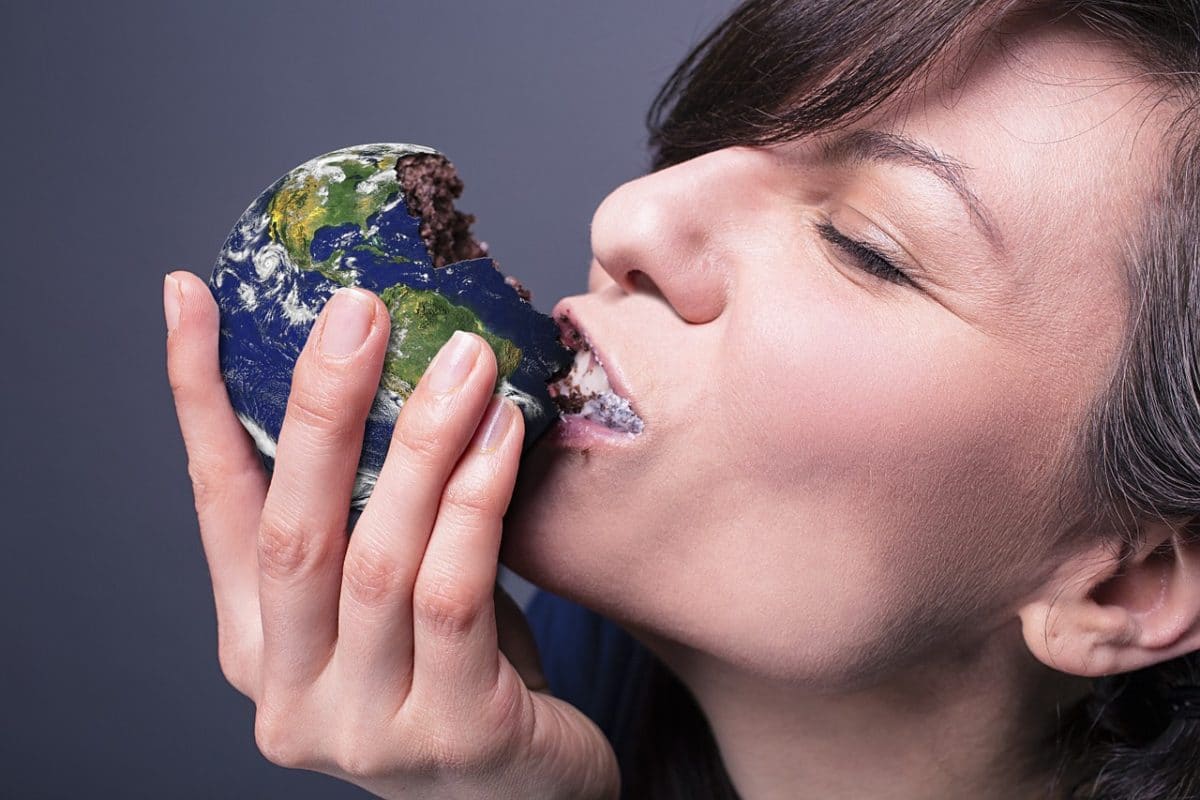How to boost sperm count naturally with a smoothie for male fertility
Having a family can be much harder than expected, but there are many ways now that people can help fulfill their dream of having children. One of the approaches that is great to start with and can be beneficial whether you’re trying for children or just want a healthier life, is to make food choices and diet decisions that are more mindful and aimed at a healthy body and a healthy mind, such as the daily consumption of fertility smoothie for men.
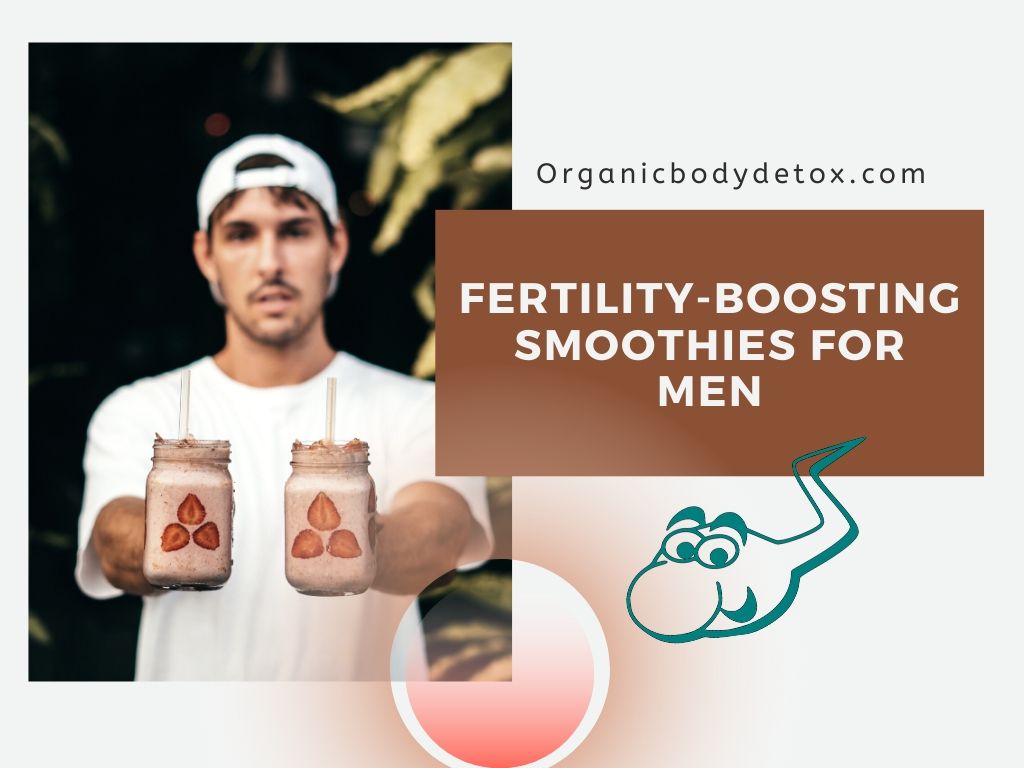
Including helpful foods such as berries, nuts, fruits, and vegetables in your diet can not only make your general health better but by adding specific foods you can increase fertility. One way to add these foods to your daily diet without a complete overhaul is to add a daily fertility smoothie for men. They are fast and convenient for when you are on the go or when you’re relaxing at home. Completing the prep work ahead of time can make them even easier.
Finding an easy to add protein powder can add a boost of anything that is missing from the other ingredients chosen and is a simple way to be sure all the wanted nutrients are included. These smoothies have such versatility that you can have a different one every day or repeat your favorite as often as you like. To increase the levels of some of the nutrients in your body and maintain them at a level that is helpful to you, consistency matters.
How to store smoothies for later
The body absorbs some amounts of nutrients and minerals from our food every day, and releases the amounts that it can’t or won’t use, but to maintain a proper level of vitamin and nutrients you must replenish every day, and after a few days the levels remaining in your body for use will be higher. To make the consistency easier they can be prepared ahead of time and kept in the fridge until you need them.
Mason jars are great for this purpose, simply add the ingredients that you want in your smoothie for the next day, seal the jar with its lid and ring, and place in the fridge. When you are ready to drink your smoothie just dump it into the blender and it’s ready to go. These can be stored for a few days at a time, to prep for a longer period add the ingredients (with or without the liquid) into a freezer bag or vacuum seal and store in the freezer.
You can remove one each night before bed and put it in the fridge to be thawed and ready for the morning or used right from frozen. Frozen fruits and vegetables maintain their nutrients as though they were fresh, so this solution is viable for prepping for the whole week at one time.
Main ingredients to increase fertility
Ingredients have to be something that you enjoy in order for you to want to keep having them, so there is a balance to be had between ingredients that are beneficial for fertility and that you enjoy eating. You can also add in other ingredients to serve other purposes, such as strong bones and clear skin, or for more energy for the things you love to do.
Studies have shown that antioxidants, zinc, magnesium, and vitamin C all help with male fertility, which makes berries, fruits, citrus, protein powders, and even eggs and dairy great smoothie ingredients.
How to make basic fertility smoothie for men
A lovely basic smoothie that includes many of these is an orange smoothie with
- orange juice,
- milk (any type of milk including full fat, almond, or coconut),
- strawberries,
- banana,
- and a scoop of your chosen protein powder.
This is fast, tastes great, can be prepared ahead of time and kept in the fridge unblended until you’re ready to drink it, and it can be used as a post work out drink or even a breakfast or snack replacement. A basic fertility smoothie for men like this is great because it can be adjusted to fit your preferences.
Don’t like banana add pineapple instead, don’t want strawberry, leave them out, and absolutely adjustable to what is readily available near you.
Rather than memorize or write out a bunch of recipes and be choosing which one, understanding what ingredients are best and why allows flexibility and options to suit every day.
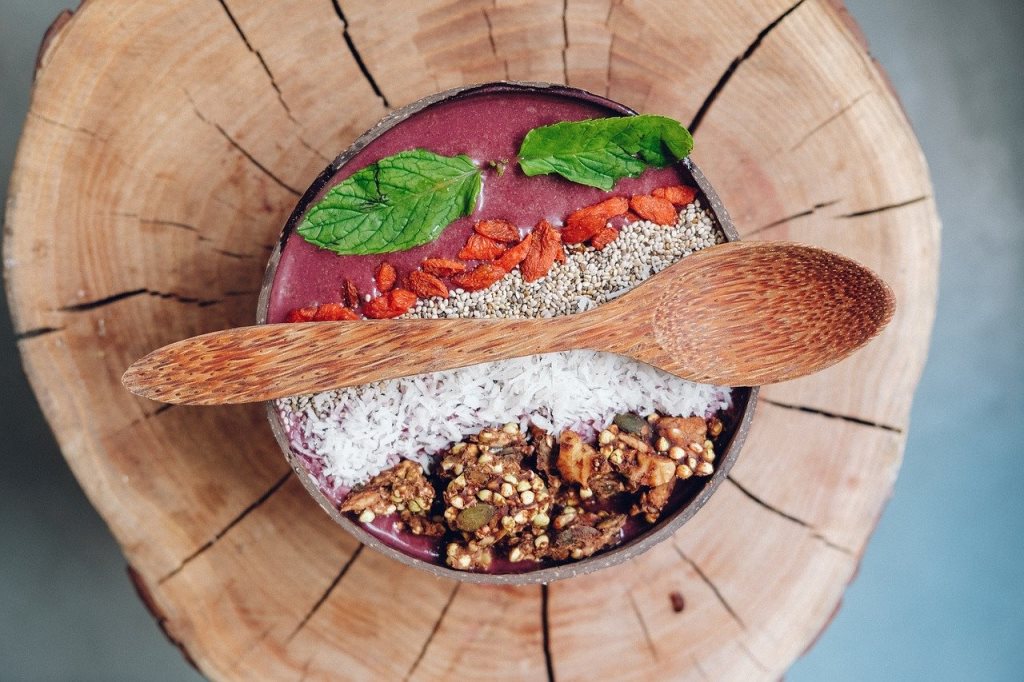
- Antioxidants, that are found in many fruits and some vegetables and leafy greens, helping with the quality and quantity of sperm. These are also beneficial for reducing the effects of stress. Some great sources of antioxidants include dark chocolate (this could be a lovely addition to some smoothies, but will not be a great fit with some of the fruits and greens, but as a great addition to a protein powder), pecans, blueberries, strawberries, artichokes, goji berries, raspberries, kale and red cabbage (which can be added as a powder form of greens, or just tossed in your normal smoothie in small amounts to be mostly unnoticed), beans, beets, and spinach which may be the best fit in a green smoothie rather than a fruit smoothie.
- Vitamin C! Both types of smoothies will be beneficial and personal preference for taste and sugar content will decide which you drink the most. Orange juice is still a good addition to a green smoothie for the liquid, bringing its vitamin C content with it. Most of these foods are also high in vitamin C which will help with the same types of concerns as well as helping the body absorb iron and other vitamins. This is important because vitamins that can’t be properly absorbed aren’t doing their best work. Great sources of vitamin C that can easily be included in a smoothie are cantaloupe, orange juice, and kiwi, and greens such as broccoli, even red cabbage can be used to add some thickness and substance along with the vitamin C.
- Zinc is a necessary vitamin to help the body function, build the immune system, and help the body to absorb and metabolize the nutrients the body needs. While many of the large sources of zinc aren’t suitable for a smoothie, such as meats, especially red meats, and shellfish, there are some that can go well in a smoothie if it’s adjusted to the purpose. Legumes such as chickpeas and lentils can be blended into a smoothie of either variety, green or fruit, as they add substance without changing the taste too drastically. The versatility of them makes them a good ingredient to have on hand at all times. Seeds such as hemp, pumpkin seeds, and sesame seeds, or even some nuts like peanuts, cashews, or almonds can be added to a smoothie to increase the zinc content. For an easy addition choose cashew or almond milk as the liquid for your smoothie and it will go with almost any other ingredient you add. Dairy milk will also add zinc, along with protein, and calcium.
- Magnesium is the last on our top list of nutrients needed in your fertility smoothie for men and is easily found in some of the foods we have already considered. Cashews, including cashew milk, pumpkin seeds, spinach and greens. It also can be found in soymilk, so adds another alternative to milk in your smoothie, or in addition to another milk source to add flavour and nutrients. Yoghurt is also high in magnesium and can add a thickening and flavour to fruit smoothies especially. With leafy greens and legumes being high in magnesium a green smoothie may be a great choice for post work out to increase many of the nutrients needed to help with fertility. Magnesium can also be found in a greens supplement or many protein powders, preferably a naturally created powder made from fruits and vegetables.
Final thoughts: Fertility smoothie for men
While balanced health may seem like a lot of effort and the food choices may need to be changed and adjusted, luckily a smoothie is a very simple and fast way to add nutrients and minerals to the diet. This can be especially important when tackling certain stages of life such as fertility or health battles.
When planning a family and trying to conceive it can be helpful to add foods that are high in magnesium, zinc, vitamin C, and antioxidants. Creating smoothies with some of your favorite foods included here can help increase sperm count and help the body absorb the nutrients it needs.
Preparing the smoothie ingredients ahead of time and storing in the fridge or freezer until ready to blend and consume makes them fast, simple, and easily adjustable to your preferences. Smoothies can be used as meal replacements, snacks, or post-workout supplements. Choose your favorite fertility smoothie for men, the best time of day to drink it, and keep all the ingredients ready to go.

